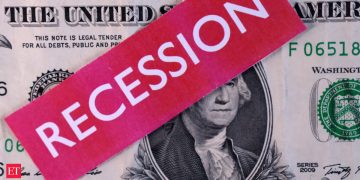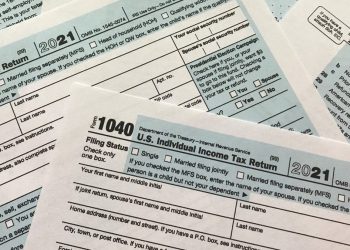is a 401K the best retirement account for you? Not necessarily.
Reading Time:2 mins read
Related Posts
Other Newzz
Popular Newzz
-
Native American Art Exhibit in American Adventure at EPCOT Closing for George W. Bush Veteran Paintings
-
Trump hints at ‘flexibility’ for China even as he plows ahead with global tariff plans
-
Community news
-
What to know about 1099-Ks if you’re getting Venmo, PayPal payments
-
U.S. Luge Foundation hosts golf and dinner fundraiser | News, Sports, Jobs
Categories
- ART & CULTURE
- AUTOMOBILE
- B2B
- BEAUTY
- BLOCKCHAIN / CRYPTOCURRENCY
- BUSINESS
- CYBERSECURITY
- DENTAL
- ECOMMERCE
- ECONOMY
- EDUCATION
- ENTERTAINMENT
- FASHION
- GADGETS & MORE
- GAMING
- GARDENING
- HEALTH & FITNESS
- HOBBIES & DIY
- HOME IMPROVEMENT
- INDUSTRIES
- INSURANCE
- INTERNATIONAL
- LAWYER
- LIFESTYLE
- MARKETS
- PARENTING
- PERSONAL FINANCE
- PET
- PLUMBER
- REAL ESTATE
- SOFTWARE
- SPORTS
- STARTUPS
- TECHNOLOGY
- TRAVEL
- Uncategorized
© 2021 Copyright - All rights reserved.


























































